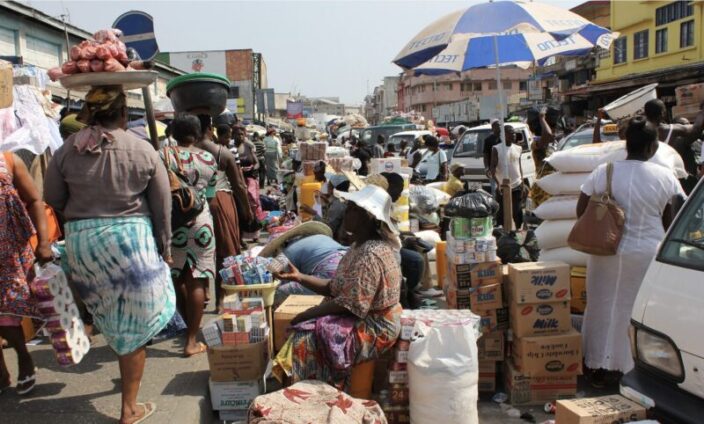Seth Terkper, a former Finance Minister, has asked government not to borrow to fulfil a populist agenda, leaving the country overwhelmed with debt.
Rather, he called for prudent borrowing, which included ensuring that loan terms and interest rates were manageable, investing borrowed funds to generate good returns, and building strong buffers for timely repayment.
A populist agenda involves pursuing social and economic policies that stimulate growth and benefit to the poor amid elections, a practice that is often unsustainable.
Mr Terkper made the call during a virtual press briefing on Tuesday, October 15, on the back of Ghana reaching a Staff-level agreement on the third review of the ongoing International Monetary Fund loan-support programme.
He noted that it was difficult for any country to complete a major infrastructure project by using its own resources on an annual basis, especially for Ghana where one project alone could take a huge portion of its total revenue.
That, he said forced countries, including Ghana to borrow, but cautioned against excessive borrowing to limit the accumulation of debt.
“We have to look at debt in terms of borrowing to fulfil a populist agenda, which does not generate as much revenue as possible,” Mr Terkper, now, the Executive Director of the Public Financial Management (PFM) Tax Africa Network, said.
The former Finance Minister called for increased domestic revenue mobilisation through reforms that would ensure that taxes were lowered and “nuisance” taxes were removed to encourage compliance among individuals and businesses.
That was because the country’s current revenue position would not be enough to finance its major infrastructure projects, including roads, railways, and airports, leading to the delivery of quality services to the public.
“We need to borrow, but be prudent in borrowing… raise enough revenue, implement expenditure measures so that you’re in control of your expenditure and use electronic means to control them,” Mr Terkper said.
He called for the acceleration of debt repayment by taming debt, including arrears and deficits and not living beyond our means, and when we get additional revenues as commodities go up, we put something aside.
“Government should treat debt and buffers like the way households do. Having gone through the Highly Indebted Poor Countries (HIPC) programme, debt forgiveness, and now, debt suspension, we need to put in the structures, so that we don’t find ourselves in that situation again,” he said.
Latest Stories
-
Postecoglou backs Bentancur appeal after ‘mistake’
5 mins -
#Manifesto debate: NDC to enact and pass National Climate Law – Prof Klutse
13 mins -
‘Everything a manager could wish for’ – Guardiola signs new deal
23 mins -
TEWU suspends strike after NLC directive, urges swift resolution of grievances
30 mins -
Netflix debuts Grain Media’s explosive film
58 mins -
‘Expired’ rice scandal: FDA is complicit; top officials must be fired – Ablakwa
2 hours -
#TheManifestoDebate: We’ll provide potable water, expand water distribution network – NDC
2 hours -
IPR Ghana@50: Pupils educated to keep the environment clean
2 hours -
PenTrust CEO named ‘Best Pensions CEO’, company wins ‘Scheme Administrator Award’ at Ghana Accountancy & Finance Awards 2024
2 hours -
Alan Kyerematen’s ‘Brighter Future for Health Professionals’ in Ghana Revealed in Bono
2 hours -
#TheManifestoDebate: NPP will ensure a safer, cleaner and greener environment – Dr Kokofu
3 hours -
2024 Election: Police to deal with individuals who will cause trouble – IGP
3 hours -
Seychelles President’s visit rekindles historical and diplomatic ties with Ghana
3 hours -
Election 2024: EC destroys defective ballot papers for Ahafo and Volta regions
3 hours -
2024 Election: I am sad EC disqualified me, but I endorse CPP’s candidate – PNP’s Nabla
3 hours

